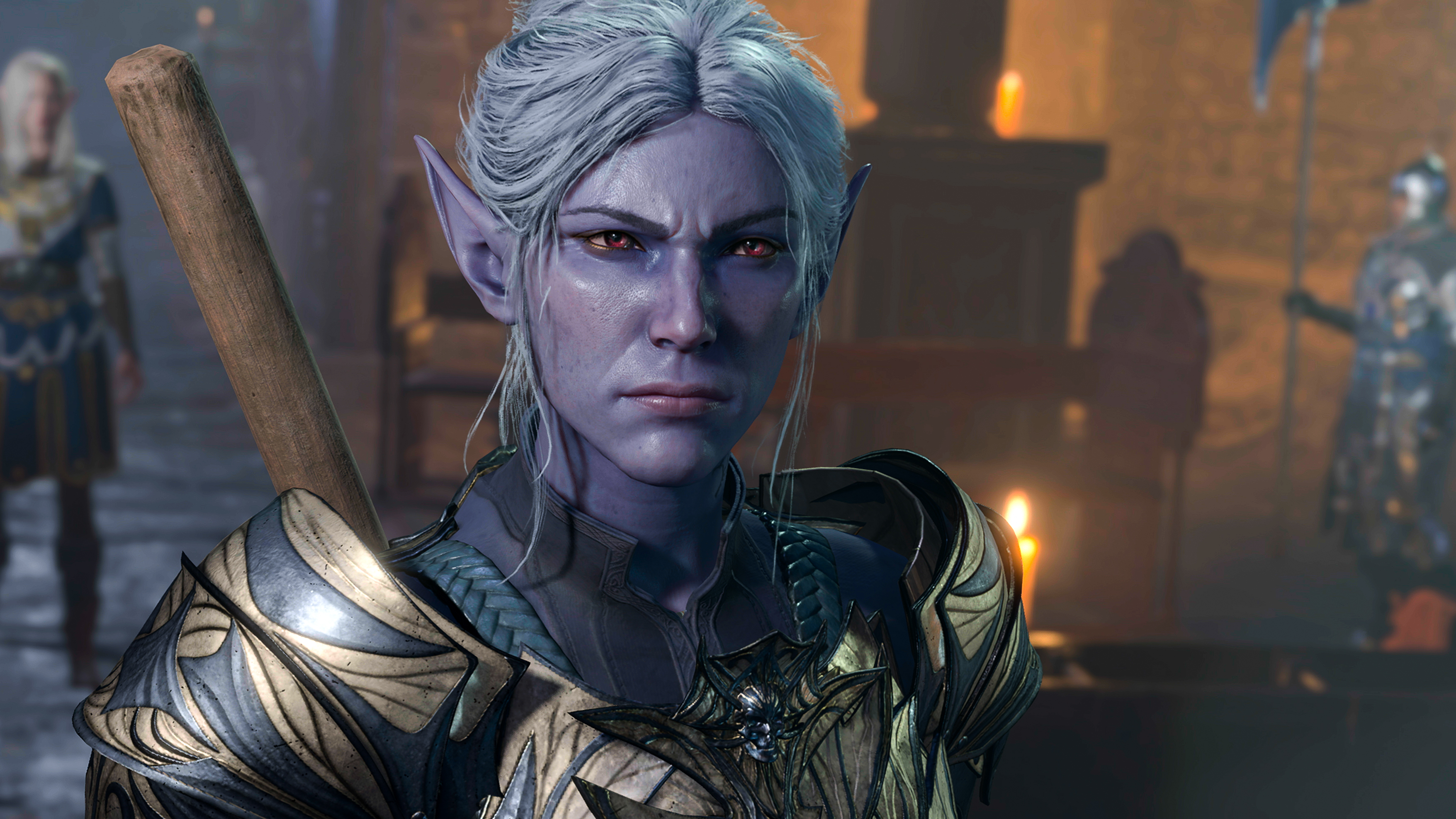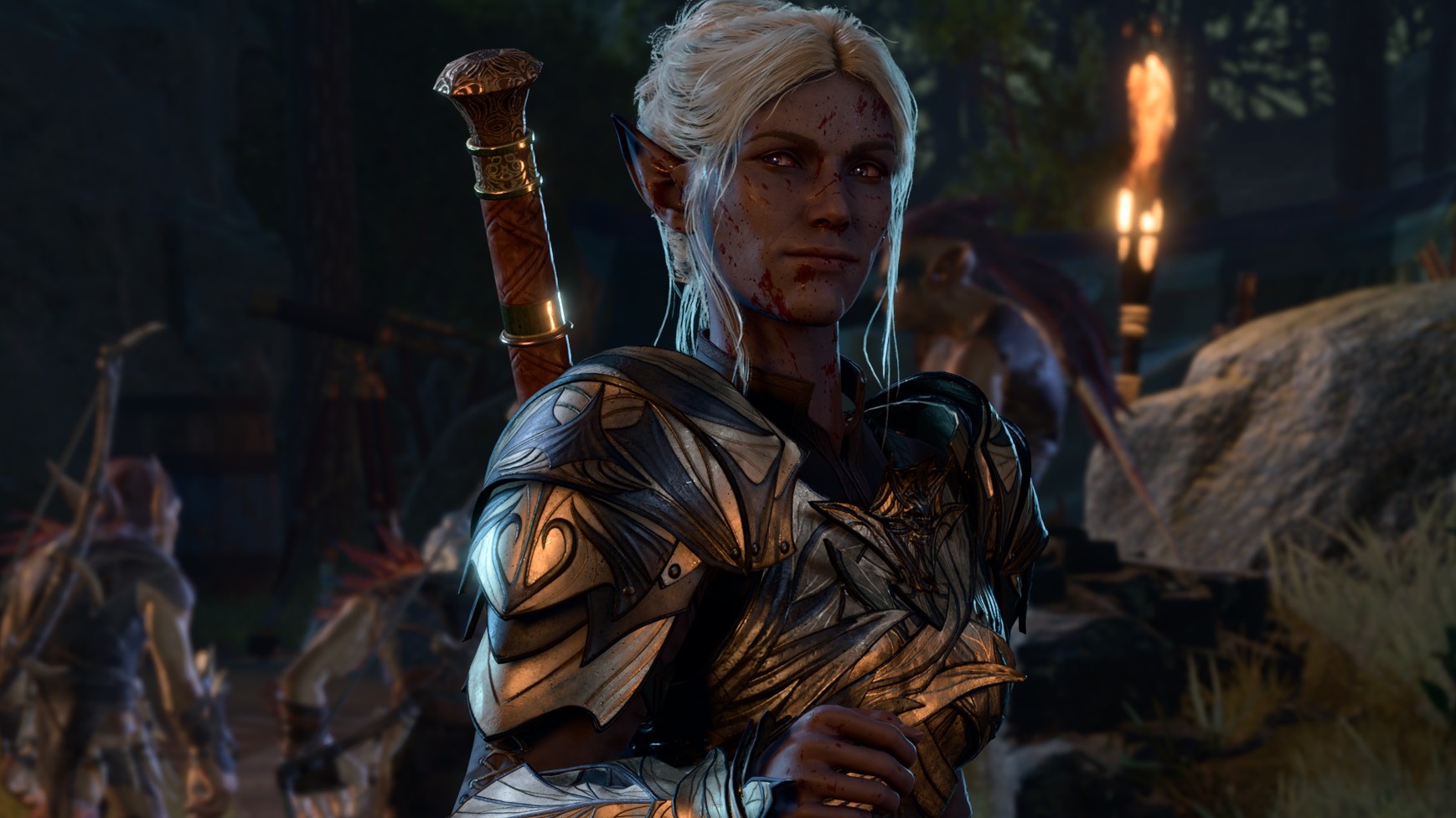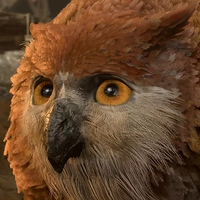Baldur's Gate 3 lead writer says that Minthara doesn't have 'a redemption arc', she's just 'a pragmatic, evil person' with a soft side
Fix her? No, I want her to make me worse.

I'm just now getting to know Minthara in Baldur's Gate 3—both on my evil necromancer playthrough and my Honour Mode run, where I intend to pick her up from Moonrise Towers after risking my neck to knock her out.
Still, I've cast off the shackles of spoilers after completing my first playthrough—gleefully getting my mitts on whatever details I can about my future drow bestie—which makes this a good point to mention that there'll be spoilers for Minthara's full plot line below.
In a recent interview with IGN, Larian CEO Swen Vincke and co-lead writer Adam Smith discussed her character arc and the nature of evil, and they come to a conclusion I find genuinely fascinating: Minthara may grow to adore her compatriots, but she's still evil with a capital E.
"She has this very unexpected story where she does soften," says Smith, "and you see her learning how to deal with being part of a group." However, Smith's keen to point out that her story "is not a redemption arc." Minthara's tenderness, Smith implies, is a facet of her character from the get-go that you slowly discover—not something the player creates for her.
Another surprising revelation is that Minthara can actually question why you slew the tieflings at the grove if you went full murder with it—even if that was the only way to recruit her until recently. "[Minthara] says, 'Okay, so now I'm not hearing the voice of The Absolute anymore … I killed all those tieflings, it's because I was brainwashed. What is your excuse?'" He goes on to point out that if you just reply 'cause I'm evil', she actually really dislikes that.

"You can give her good reasons for it, but there's a good chance that she doesn't like what you say. Her arc is going from being very chaotic to being very pragmatic because that's who she is: she's a pragmatic, evil person."
This is genuinely a nice departure—both from the idea that it's your honour-bound duty to "fix" evil companions in an RPG, and from the idea that evil characters are all bloodthirsty monsters. While I have my opinions about D&D's archaic alignment system (none of which are great) I always found the distinction between chaotic evil and lawful evil to be very interesting.
A chaotic evil character is what it says on the tin—your Bhaal cultists, your mass murderers, people who cause pain 'cause it's what they want to do. A lawful evil character, conversely, usually has a code they ascribe to—someone like Raphael, who gets what he wants through the careful manipulation of words and the signing of contracts.
But lawful evil characters can also be like Minthara, a cold-hearted pragmatist who would be willing to burn down a village if it had a concrete point—but who finds the idea of doing so just for the heck of it wasteful, if not downright distasteful. I also like that she can get along with a mostly-good party, even feel sympathy for some of them (except Gale) all without compromising her ruthless character. People are social animals, and no matter our moral compass, it's rare that we just hate everybody.
As for turning Minthara into an origin character like the rest of the crew (sans Halsin, Jaheira and Minsc) Smith unfortunately doesn't see that happening: "I've seen people saying they want an Origin version, but it doesn't make sense because it'd be a completely different game." He goes on to mention that he'd love to dig into her history with Orin, but: "I think that given unlimited time and resources, I'd want to make a new game at that point. I'm happy with Baldur's Gate 3."
Baldur's Gate 3 guide: Everything you need
Baldur's Gate 3 tips: Be prepared
Baldur's Gate 3 classes: Which to choose
Baldur's Gate 3 multiclass builds: Coolest combos
Baldur's Gate 3 romance: Who to pursue
Baldur's Gate 3 co-op: How multiplayer works
The biggest gaming news, reviews and hardware deals
Keep up to date with the most important stories and the best deals, as picked by the PC Gamer team.

Harvey's history with games started when he first begged his parents for a World of Warcraft subscription aged 12, though he's since been cursed with Final Fantasy 14-brain and a huge crush on G'raha Tia. He made his start as a freelancer, writing for websites like Techradar, The Escapist, Dicebreaker, The Gamer, Into the Spine—and of course, PC Gamer. He'll sink his teeth into anything that looks interesting, though he has a soft spot for RPGs, soulslikes, roguelikes, deckbuilders, MMOs, and weird indie titles. He also plays a shelf load of TTRPGs in his offline time. Don't ask him what his favourite system is, he has too many.


